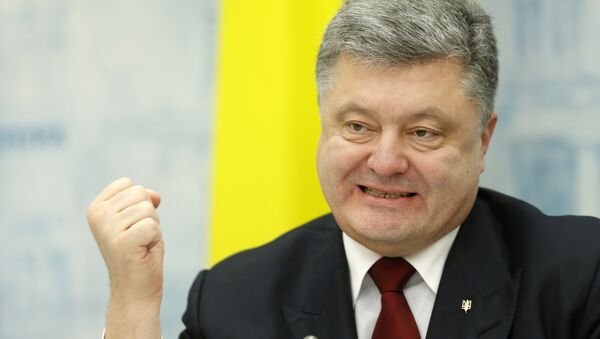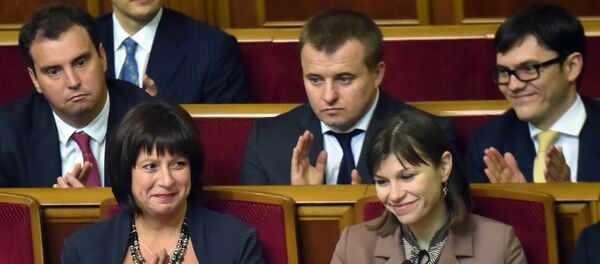In London’s High Court Ukraine plans to say that the "annexation of Crimea" and "Russia’s involvement in the Donbass conflict" have destabilized the country so it is unable to return the loan.
The Ukrainian government claims that Russia has employed an economic, political and military strategy to destabilize the country, making it unable to repay the debt.
Mark Weidemaier, associate professor of law at the University of North Carolina, commented that the dispute is going to be a unique case in the history of debt trials.
"The Russia-Ukraine dispute involves a politically and militarily fraught conflict wrapped in a garden-variety contract dispute governed by English law […] the resolution will depend primarily on political, economic and military considerations, rather than legal ones," he told Financial Times.
In recent years, numerous attempts have been made for countries to be forgiven for debts incurred by previous regimes, including reducing South Africa’s apartheid-era debt and writing off Iraq’s loan under Saddam Hussein. However, none of them succeeded, the article read.
Russia, which purchased $3 billion in Eurobonds from Kiev in December 2013, insists that Ukraine’s debt must be paid in full by the end of 2015.
In February Russia filed a lawsuit against Ukraine at London's High Court over the $3-billion sovereign debt following unsuccessful attempts to agree on a debt restructuring as Ukraine announced in December 2015 that it would not make the repayment on current conditions.
Russia has postponed hearings several times on London’s High Court over the debt repayment. In late-April, Russian Finance Minister Anton Siluanov called on Kiev to start talks on the debt settlement.
On May 27, Ukraine protested Russia’s appeals, saying the debt is invalid.
According to the Ukrainian Finance Ministry, as of late-April the country’s sovereign debt reached $67 billion.




